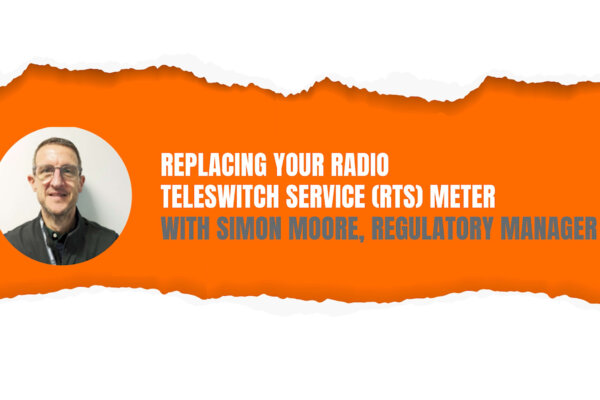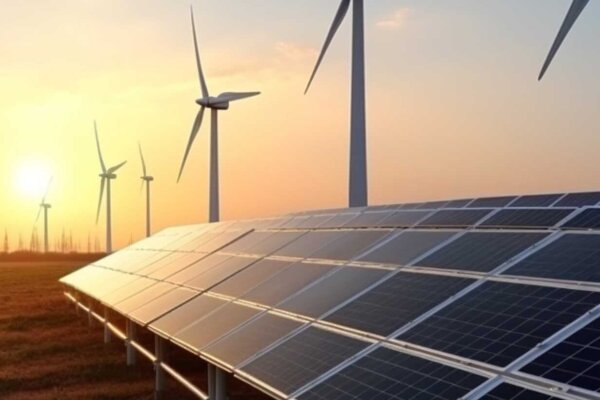A simple guide to a complex world.
If your organisation’s serious about sustainability, you’re probably looking into your clean energy supply options. With more low carbon electricity tariffs on the market than ever before, there’s never been a better time to decarbonise your electricity footprint, but how do you know if what you’re buying is the best fit for your organisation?
At first glance, the world of renewable electricity can seem pretty straightforward, but if you take a deeper look it’s awash with labels and sources: natural, zero carbon, solar, green, clean, – the list goes on and on.
Take Nuclear power as an example, which due to its ‘zero carbon’ emissions status is sometimes mistakenly thought of as ‘renewable’. Meanwhile, electricity produced through Biomass is correctly classed as ‘renewable’ but there remains considerable debate about the extent of its environmental benefits.
Decoding all these labels can be tricky, especially when suppliers have a vested interest in selling you their electricity tariff. We thought a simple, practical guide to renewable electricity, and the impact each has on the environment, would be useful. So if you’re thinking about what low carbon power to choose from, here are a few things you might like to consider.
Before we start though, here’s an explanation of some of the key terms and references we’ll be using to describe each technology.


Natural renewable electricity
This refers to electricity that’s been generated directly from naturally occurring energy sources (i.e. without the need for further combustion). So in the UK, this is Wind, Hydro and Solar photovoltaic (PV). There are other natural renewable technologies producing electricity in the UK such as geothermal, tidal and wave power, but they are not yet producing volumes on a commercial scale for businesses to buy, hence we’re not covering them here.



Also classified as renewable

Very low carbon but NOT renewable


What else should I consider?
If you’re not already buying renewables, consider the carbon content and source of your current electricity supply
As an energy user, you can easily find out the carbon content and source of the electricity you’re consuming from your supplier via their Fuel Mix Disclosure (FMD). All UK electricity suppliers must detail the mix of fuels used to generate the electricity they supply on an annual basis to their customers. This will also include the associated carbon content so you can accurately measure associated carbon emissions. As an indication, the overall UK grid average for the period 1 April 2016 to 31 March 2017 amounted to 254g CO2e/kWh.
With renewables, you could reduce your voluntary carbon footprint
Despite there being a lifetime carbon cost associated with each of these technologies, you can report any carbon emissions from electricity sourced from the above as zero, in line with the Greenhouse Gas (GHG) Protocol, which is the global standard in carbon emissions reporting.
It’s important to note two things though. 1) You need to make sure your supplier has the Guarantees of Origin or Generator Declarations for this power and 2) you still need to use the UK grid average figure for any mandatory reporting as required by UK government (although UK Government is currently reviewing how energy and carbon are reported to make it more streamlined).
Buying renewable power
If you’re interested in purchasing renewable electricity, make sure you ask about its generation source and whether it’s backed by a Guarantee of Origin Scheme that’s recognised by OFGEM.
As a benchmark, all of the electricity we supply at Bryt Energy is REGO backed and 100% renewable. That means we only source our electricity from Wind, Hydro and Solar. And you can buy this at a cost that’s just as competitive as other suppliers’ fossil fuel sourced electricity. With Bryt Energy, you don’t pay extra for clean energy and a clearer conscience.
To find out more about switching to zero carbon, 100% renewable electricity at no extra cost, contact Bryt Energy or call our dedicated team on 0121 726 7575.


